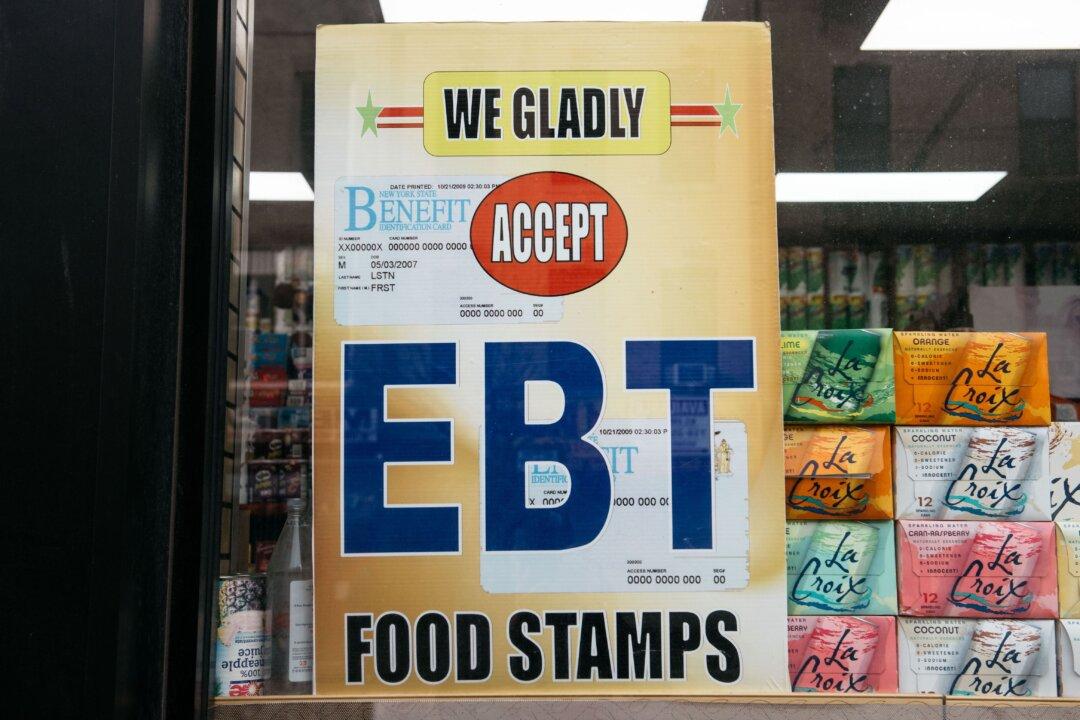Able-bodied people without dependents must work 20 hours a week or be in job training to qualify for the Supplemental Nutrition Assistance Program (SNAP). But during the COVID-19 pandemic, Congress suspended the work requirement.
Businesses are open again, yet 25 states have not fully reinstated work requirements. Of those, seven states allow work waivers in certain areas of the state. These seven are Colorado, Kentucky, New Hampshire, North Dakota, Ohio, Oregon, and South Dakota.





